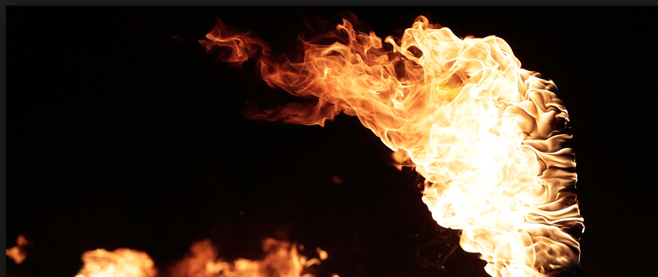The echoes flowed up and down the shallow valley of the Aude River, drowning out the gentle tinkling of the water as it flowed over its rocky base. It was a sound impossible to ignore and for those listening, the final phase of the echo seemed to be inside their own heads.
The day was a rarity for Carcassonne, one of the few days in the year where there was no wind. The effortless penetration of the sound into every corner of the city and far beyond simply emphasised the intensifying heat of the day.
Jacques Fournier, the Bishop of Palmiers, positioned himself just outside the gates to the city. The heat became stifling. Fournier snarled his annoyance. It was not the heat which concerned him but the sound of the bells, which seemed to him to have a doleful, melancholy note, not at all what he wanted, as this was the day of his greatest triumph.
Nevertheless, he pushed his dissatisfaction to the back of his mind as he watched Guillaume Belibaste dragged down the road leading to the Corbiers. Those holding the ropes, which constrained him pulled violently and irregularly, hoping he would fall, which he frequently did.
Fournier enjoyed the spectacle so much that he then rode ahead, to watch Belibaste pass again, and again, and again.
Two days later, Fournier was in a prominent position when Belibaste’s torn and bloodied body was tied to the stake in the central square of Villerouge-Termenès, and he was burnt alive.
Belibaste’s only crime was that he was a Perfect, the last known spiritual leader of the Cathar faith. He had been captured after two years of espionage coordinated and funded by Jaques Fournier.
He had already been denigrated in every way the processes of the Holy Inquisition could devise. Now, the final execution was intended to accentuate the processes of the humiliation of Belibaste and the intimidation of the general population.
Belibaste’s screams as he was engulfed in flames, were music to Fournier’s ears. He moistened his lips with pleasure when changes in wind delayed the inevitable and made it possible to see Belibaste’s flesh burn and char. Fournier believed that there were now no legitimate heirs, either spiritual or temporal, to the heartland of Occitan, which had nurtured the Cathar faith.
